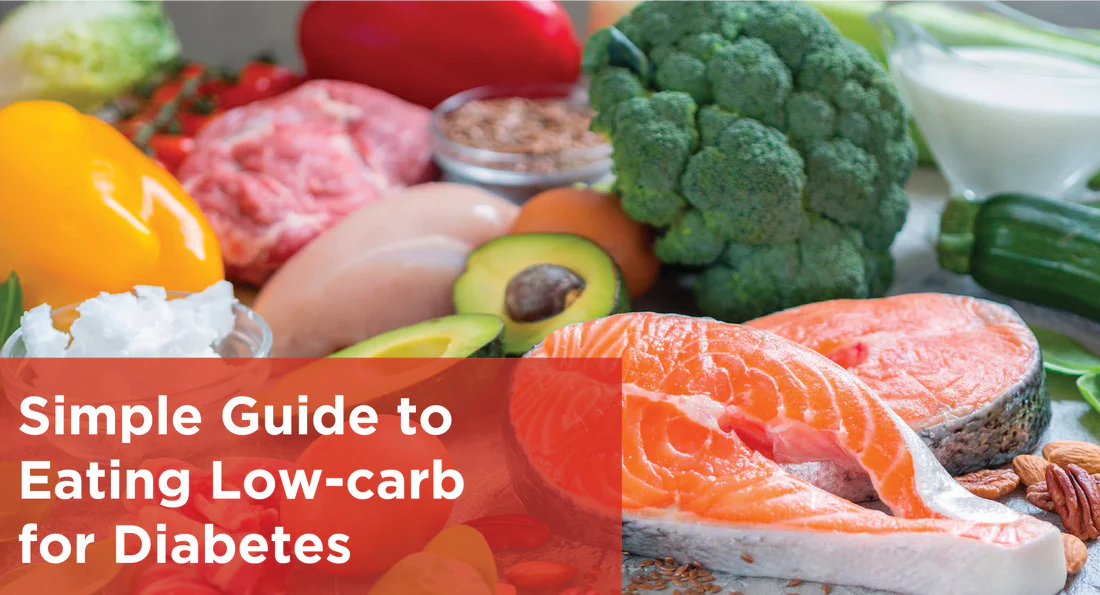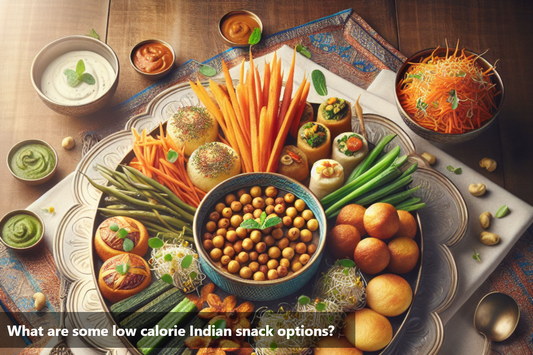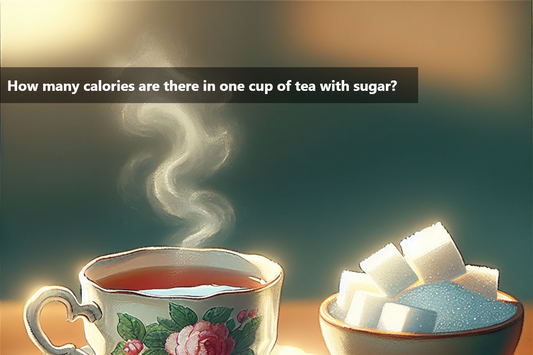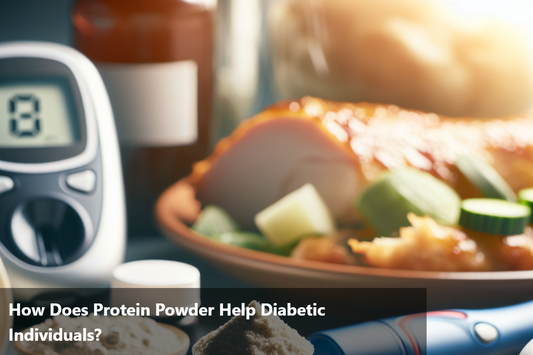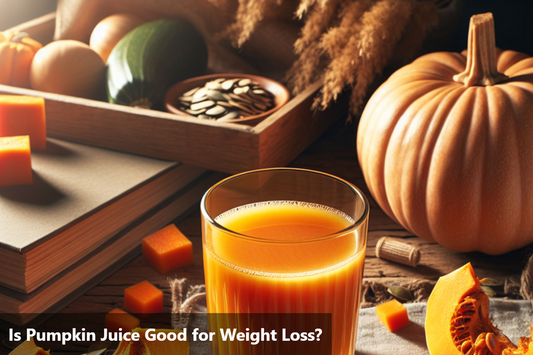Diabetes is a long-drawn-out condition which affects millions of people worldwide. Diabetes affects over 537 million people globally today. Although diabetes is a difficult disease, keeping blood sugar levels stable can significantly lower the chance of complications. Following a low-carb diabetic diet is one strategy to improve blood sugar levels.
Carbohydrates, which are one of the three macronutrients along with protein and fat, are most important for controlling blood sugar. Your body converts carbohydrates, sometimes referred to as ‘carbs,’ from foods and beverages into glucose (a form of sugar), which then increases the level of glucose in your blood. Your body uses glucose as fuel to keep you moving throughout the day. This is what you most likely refer to as your ‘blood sugar’ or ‘blood glucose.’
Your pancreas releases insulin to assist your cells in absorbing glucose after your body converts those carbohydrates into glucose. Hyperglycemia is the medical term for having too high blood glucose or blood sugar levels. When the blood sugar is low, then it is called hypoglycemia in medical terminology.
Types of carbohydrates and their role in managing diabetes
Many studies back up diet that's low in carb and diabetic. In fact, prior to the discovery of insulin in 1921, very low-carbohydrate diets were considered standard treatments for diabetics. In brief, the carbs we eat affect our blood sugar levels, thus moderation is essential!
Carbohydrates in food are classified into the following categories:
- Starches
- Sugar
- Fibre
The idea is to select carbohydrates that are nutrient-dense, meaning they should be high in fibre, vitamins, and minerals and low in added sugars, sodium, and bad fats.
Carbohydrates to include:
- Whole, natural, and unprocessed foods
- Complex carbohydrates from nuts and oilseeds, non-starchy vegetables, and unrefined grains
These include more fibre and nutrients and fewer carbohydrates. Non-starchy veggies like lettuce, tomatoes, cucumbers, broccoli, and green beans have less of an influence on your blood sugar. Nuts and oilseeds are a source of healthy fats, along with fibre and protein. These are great to include in a meal while in diabetes.
Carbohydrates in moderation:
These are your starchy carbohydrates
- Minimally processed foods
- Fruits like apples, blueberries, strawberries, etc
- Whole intact grains like brown rice, whole wheat bread/grain-free bread, made from almond or coconut flour, whole oats, quinoa, etc
- Lentils and legumes including red lentils, kidney beans, chickpeas, soybean, etc.
Carbohydrates to say no to:
- Refined highly processed carbohydrate foods
- Food items with added sugar
- Sugary beverages like soda, sweet tea, juice, etc
- Refined grains like white bread, polished rice and sweetened cereal
- Sweets and readymade foods like cake, cookies, candy and chips.
Ideal intake of carbs for diabetics
Even among those who favour carb restriction, there is still debate over the amount of carb consumption in diabetes meal. As a result, there is no longer a recommended standard carb consumption for diabetics.
This is because a person's carb needs vary depending on their physical activity, body mass, health goals, and other factors. Working with a doctor or a dietician can assist people in establishing particular carb objectives.
The American Diabetes Association (ADA) asserts that there is no universally effective diet for people with diabetes. The ideal meal plans are those that consider your nutritional needs, eating habits, and metabolic goals.
Everything is subject to one's individual tolerance. You can consume 6 grams, 10 grams, or 25 grams of carbs every meal on a low-carb diet as long as your blood sugar levels stay below 140 mg/dL (8 mmol/L). A higher level can start damaging the major organs.
The American Diabetes Association (ADA) also advises people to discuss their carbohydrate needs with their medical or diabetes care team. Just keep in mind that the fewer carbs you eat, the lower your blood sugar will rise.
Benefits of low-carb eating
- A low-carb diet may be one of the most successful diabetes control regimens, particularly for persons who can avoid medication.
- A low-carb diabetic friendly diet could be the first line of treatment for those who don't want to take medication or whose doctor has just diagnosed them with diabetes. A recent Indian study found that even reducing carbohydrates slightly can reverse diabetes in newly diagnosed diabetics.
- Indulging in excessive carbohydrates might harm a person's health. Carbohydrate-rich diets are abundant in calories but poor in key nutrients like protein. Consuming only ‘empty calories’ may cause weight gain.
- According to research, those who consume carbohydrate-rich diets may experience increased hunger between meals, leading to overeating. Low-carbohydrate diabetes meals can promote more satiety because of their fibre content, improved protein, and inclusion of optimal amounts of dietary fat in the diet.
The bottom line
Consuming carbohydrates in the right amount can solve 99% of the problem. Moreover, rather than excluding all carbohydrates, a healthy low-carb diet should include nutrient-dense, high-fibre-carb sources such as vegetables, berries, low-carb grains, and nuts and seeds.
Always consult with a doctor or a dietician before beginning any new diet. It is critical to see a doctor before making any dietary changes because your prescription dosages may need to be altered. Furthermore, when people stick to low-carb diets, they appear to work well in the long run.
This Blog post is an initiative by DiabeSmart, to provide accurate and Nutritionist / Doctor approved information related to Diabetes. DiabeSmart is India's first Food brand designed specifically for Diabetics, that has been clinically tested on Diabetics and Pre-Diabetics to deliver 55% - 70% lower Sugar spikes. DiabeSmart is part of Lo! Foods - India's leading brand for Everyday Functional Health foods.

